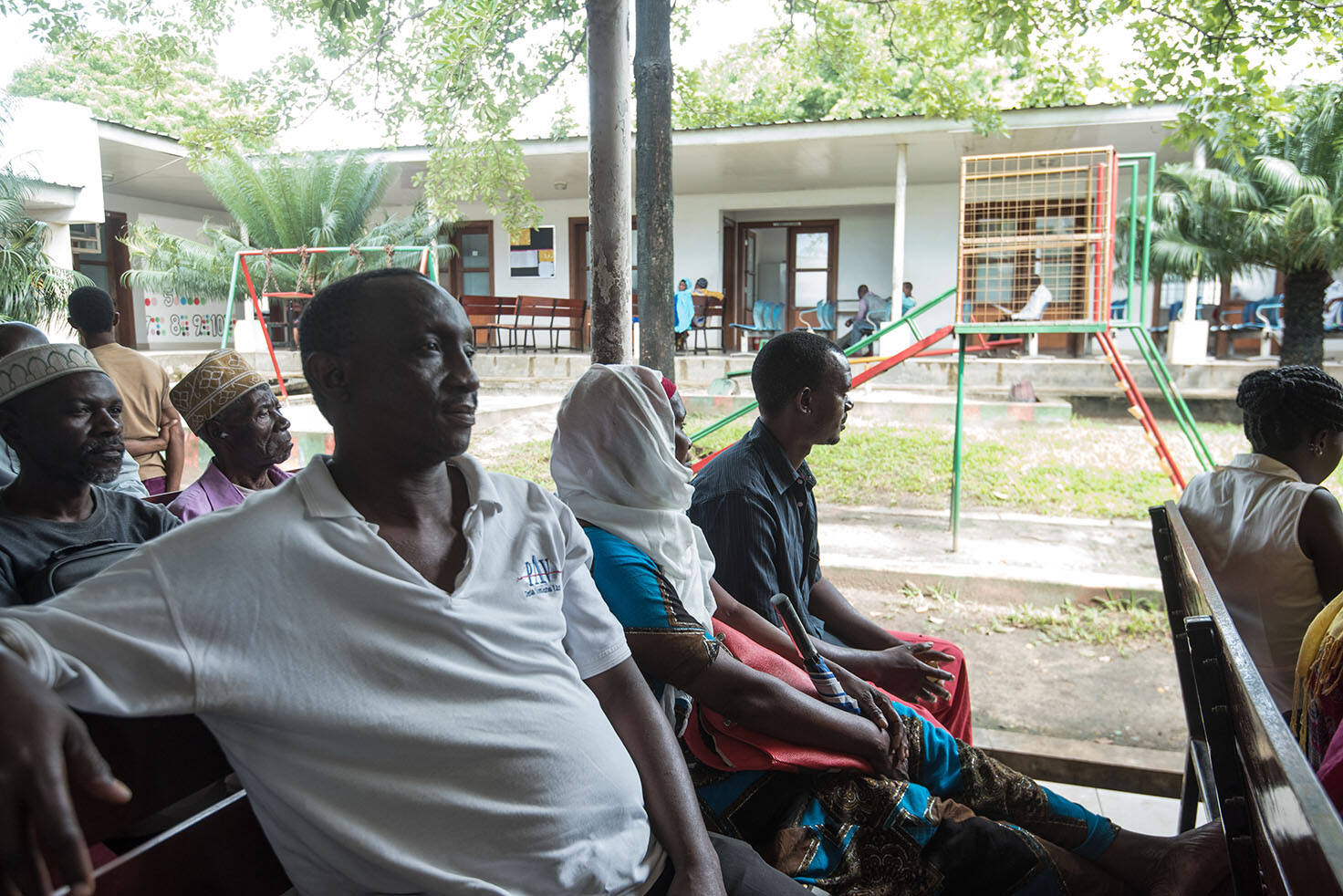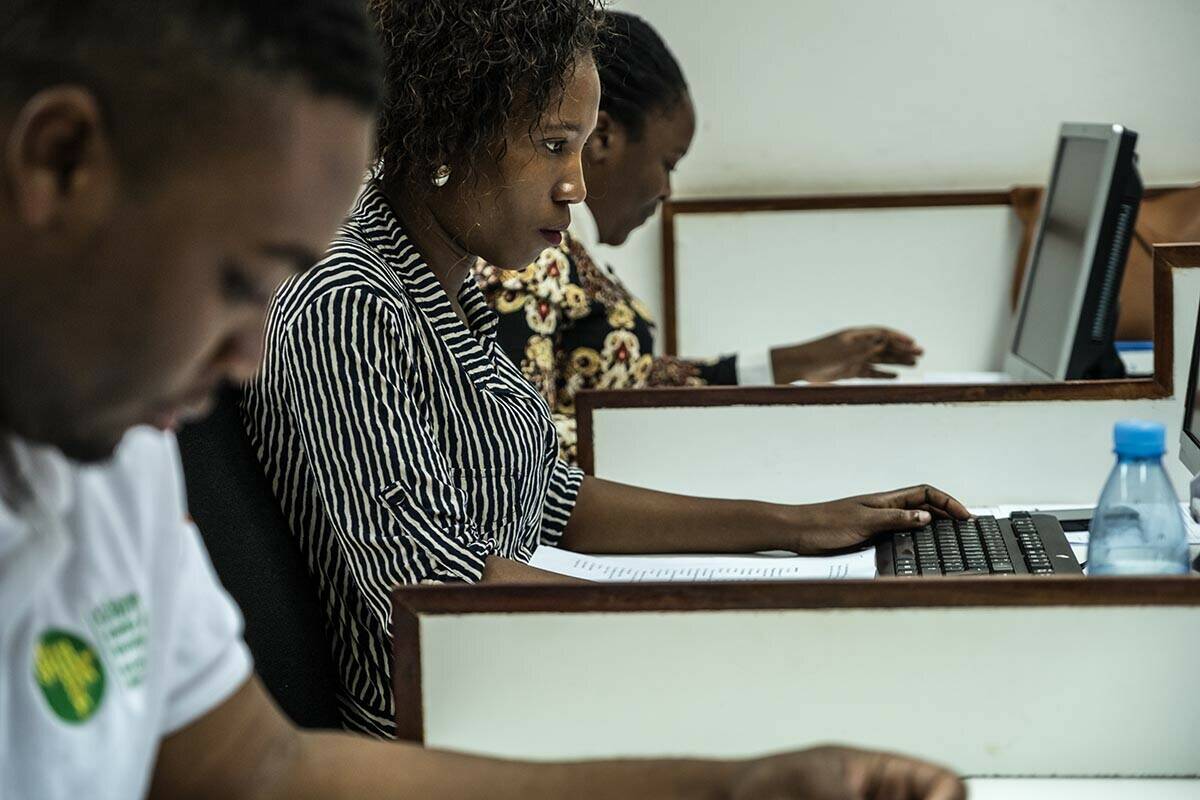In 2020, a consortium of researchers from Cape Verde, Denmark, Guinea-Bissau, Mozambique and Portugal were granted emergency funding to study the impact of the BCG vaccine on healthcare worker absenteeism during the pandemic. The BCG-COVID-RCT study was designed as a multi-centre trial, with 350 healthcare workers enrolled in each African country. It would include the first clinical trial to be carried out in Cape Verde.
However, as clinical trials regulations were not yet in place in Cape Verde when the clinical trial was planned to start, the Cape Verde ethical review committee was unable to approve the trial protocol, and studies were conducted only in Guinea Bissau and Mozambique. As a result, the Ministry of Health in Cape Verde created a National Task Force on Clinical Research Legislation to coordinate development of a legal framework for biomedical research, clinical trials, and public health research. The BERCLuso project played an important role in this process.
The Cape Verde team maintained contact with the BCG-COVID-RCT consortium. In 2022, after more than 100 online meetings, the consortium met for a workshop in Cape Verde. The workshop was opened by representatives from the Ministry of Health and the University of Cape Verde. They praised the important role the consortium has played in helping to establish the legal framework for clinical trials in Cape Verde and the research capacity-building that has taken place.
In April 2022, a visit was made to Cape Verde. The visit included meetings with national authorities, political authorities, the Portuguese Ambassador to Cape Verde, a conference on ‘The importance of biomedical research in Cape Verde’ and meetings with various national bodies relevant to the project.
In the same month, the team visited Guinea Bissau and in July 2022 it travelled to Angola. The latter trip included meetings with national authorities, a meeting with the Portuguese Ambassador to Angola, and a conference on ‘The importance of biomedical research in Angola’ in Luanda.
In March 2022, the LusoAfro-BioEthics project organised a virtual course on ethics in health research. The course covered issues such as the history of ethics in health research and legislative frameworks in ‘PALOP’ countries (Países Africanos de Língua Oficial Portuguesa, Portuguese-speaking African countries), as well as the functioning of ethics committees and the documents submitted to them in Angola, Cape Verde, Guinea-Bissau, Mozambique, Portugal, and São Tomé and Príncipe. EDCTP’s High Representative for Africa, Dr Leonardo Simão, opened the course.

scroll down
One of the key challenges for Portuguese-speaking countries looking to develop their regulatory and ethics capacity is the lack of suitable training materials, which are mostly produced in English. The BERC-Luso project had a specific focus on Portuguese-speaking countries and strengthening cross-national collaborations to support capacity-building.
During 2022, the BERC-Luso coordination team made visits to several participating countries. In February–March 2022, the team visited São Tomé and Príncipe, taking part in a workshop on clinical trials and biomedical research held at the Portuguese Cultural Centre, which involved more than 50 participants from various areas of health sciences, social sciences and others.
The BERC-Luso and LusoAfro-BioEthics projects have been building ethical review capacity in Portuguese-speaking countries during 2022, and also helping to prepare Cape Verde for its first clinical trials.

Building ethics capacity in Portuguese-speaking countries
